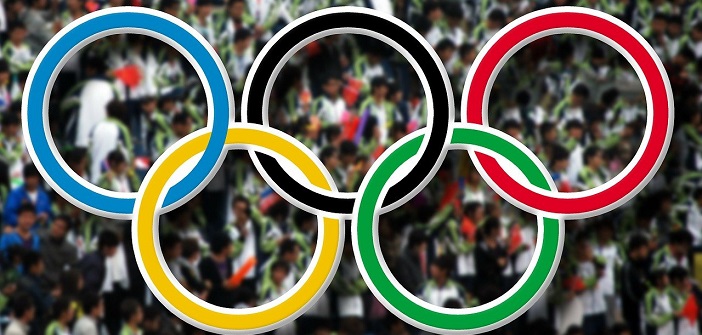In Tokyo, on July 23, the 32nd Olympic Games of the modern era will open, postponed by a year due to the pandemic. How did the creation of these Games come about in ancient Greece? How were they resurrected in the 19th century by a French baron?
In the beginning, there is the athlete, whose name comes from “athlos” (in ancient Greek), meaning struggle or combat…
However, while sports vocabularies are similar, sport in antiquity was linked to peaceful confrontations, leading to a “sacred truce.” One or more of these truces occurred because there were many other competitions in Greece.
The four main ones were the Panathenaic Games of Athens, the Pythian Games of Delphi, the Nemean Games, and the Isthmian Games of Olympia. One event per year, which explains the four-year cycle of our Olympic Games.
The grand winner of the four competitions was the supreme champion, revered like a demigod and for whom statues were erected.
The first Olympic Games date back to the 8th century BC. On a mythological level, the idea of the Games goes back to Zeus, the god of Olympia, or to Heracles, because of the twelve labors. On a more historical level, they seem rather to have stemmed from funeral games.
The first accounts of competitions mention running, boxing, archery, long jump, and wrestling.
The sports facilities were still provisional, but they already hosted elaborate competitions with spectators.
Initially, only the Greek city-states participated. Then, with their growing fame, the Olympic Games opened to the entire known world, with all the Mediterranean cities competing.
Faced with the rivalry between Athens and Sparta, the most powerful cities, the Greeks chose Elis, a rather modest city near Olympia.
The first “queen” event is the race, which today is the 100 meters. At that time, it was a little over 192 meters, the length of the Olympia stadium. Then there were mounted horse races or chariot races in the hippodrome. Discus and javelin throws were conducted with the same techniques as today.
The role of women was hidden, in sports as in other areas. Yet, women’s games were held in September. Female athletes competed in honor of Hera, the consort of Zeus.
In the early centuries of the Games, three-quarters of the Olympic winners, whether women or men, were Spartans. In Sparta, students had more hours dedicated to sports than to intellectual disciplines.
The Romans distorted the spirit of the Games. They seized them for prestige but sought only the spectacular, akin to circus games. The Romans altered the essence of the Olympic Games, which persisted until the 4th century AD. It was the era of the first Christian emperors who rejected all things pagan. Ultimately, Christianity put an end to the Games.
It would take the efforts of Baron Pierre de Coubertin at the end of the 19th century…


